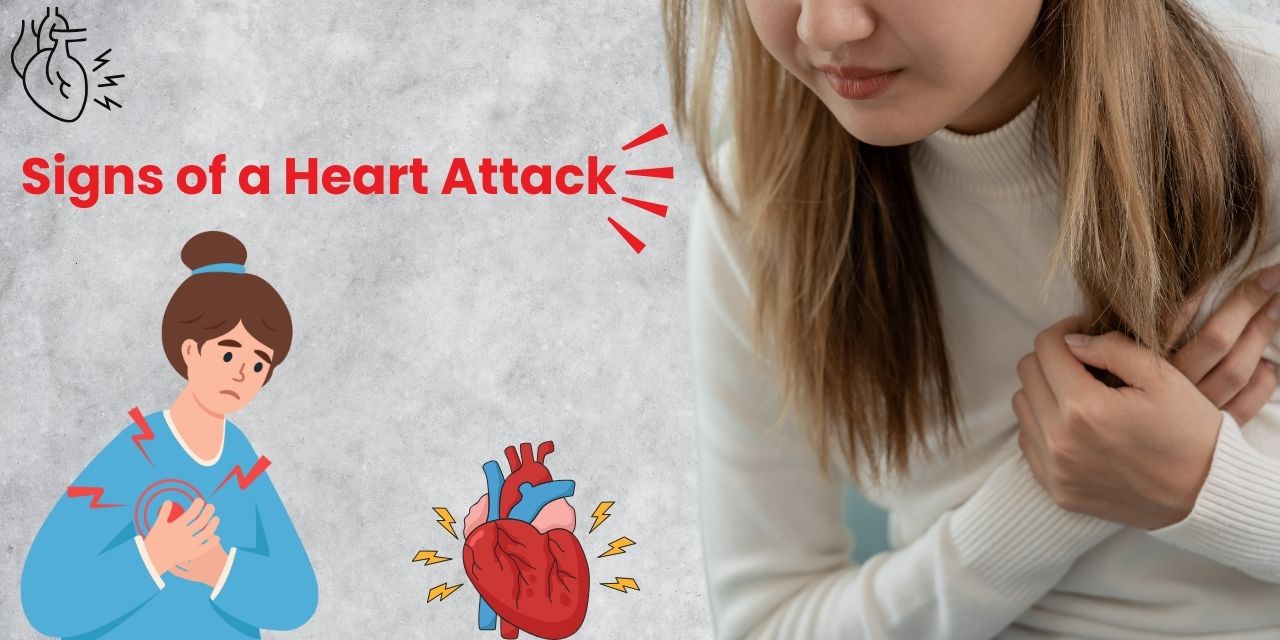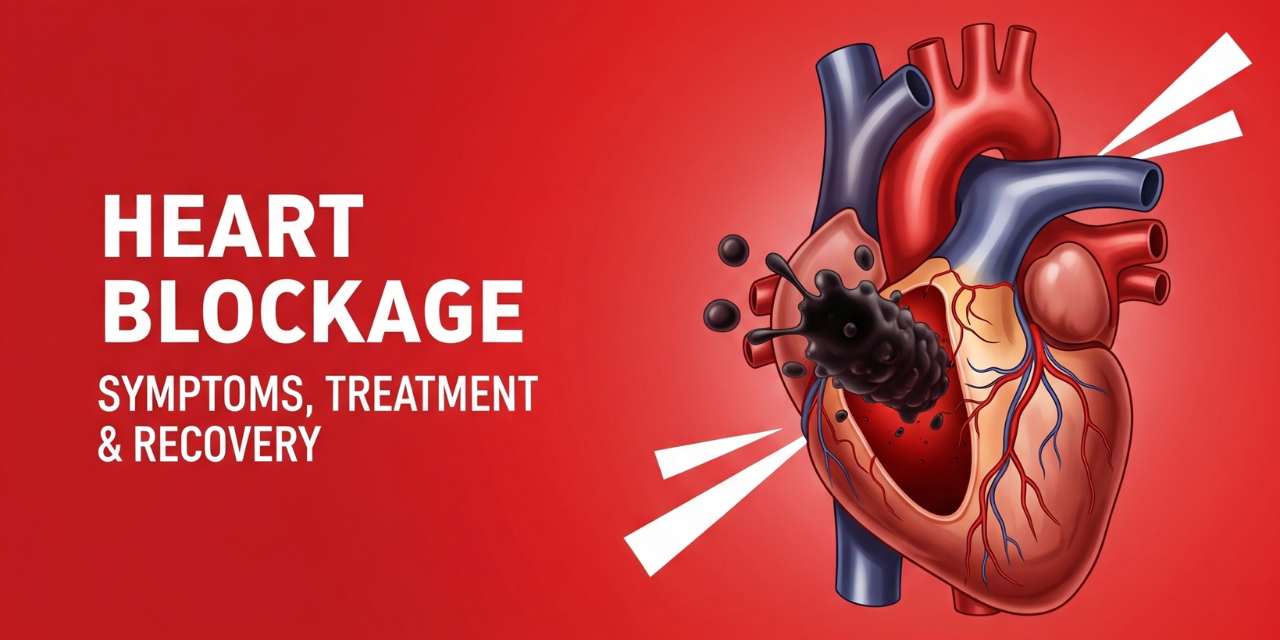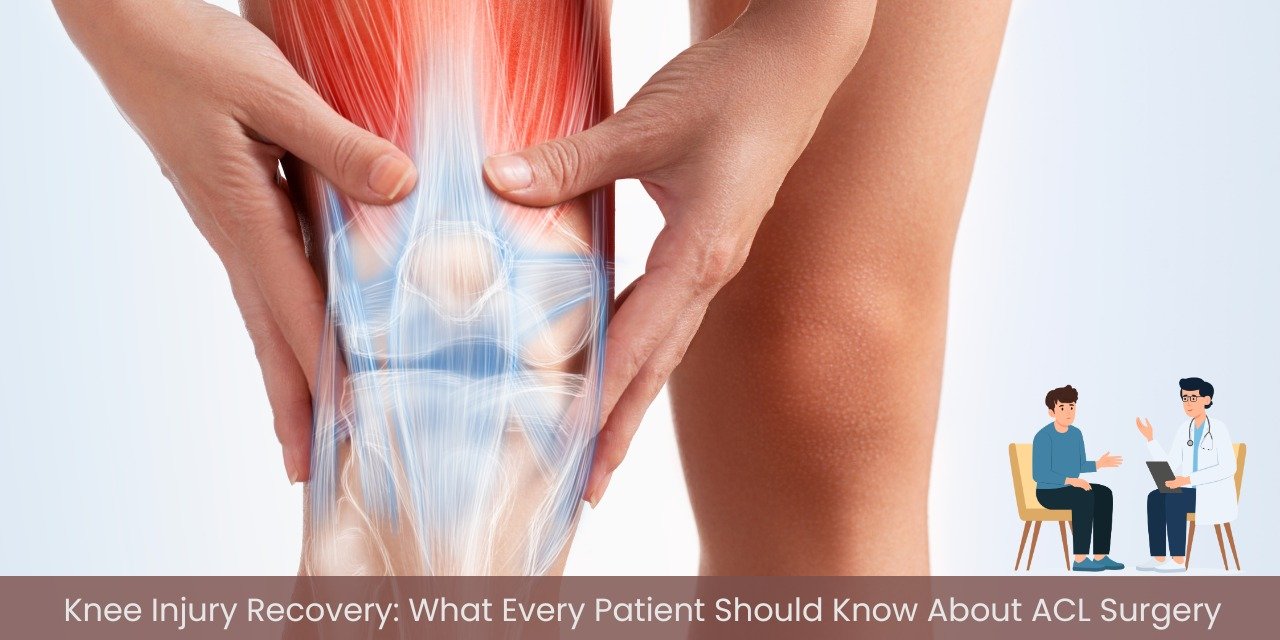A heart attack, also known as a myocardial infarction, occurs when blood flow to the heart is blocked for a prolonged period, causing damage to the heart muscle. Recognizing the signs of a heart attack and acting quickly can save lives, but many people are unsure of when to seek medical help. Understanding the symptoms and knowing when to seek medical assistance are crucial for early intervention and better outcomes.
Common Symptoms of a Heart Attack
Heart attack symptoms can vary in intensity and type, making it important to be aware of the different signs. Some people experience intense pain, while others may have milder symptoms that are often dismissed. Here are some of the common symptoms of a heart attack:
1. Chest Pain or Discomfort
The most common sign of a heart attack is chest pain or discomfort. It often feels like squeezing, pressure, or tightness in the chest. This pain may come and go, or it may last for more than a few minutes. It can also radiate to other areas, including the arms, back, neck, jaw, or stomach.
2. Shortness of Breath
Another typical symptom is shortness of breath, which may occur with or without chest discomfort. It can happen suddenly, especially during physical activity, but it may also occur while resting. Difficulty breathing can be a result of the heart not pumping effectively due to the lack of oxygen-rich blood.
3. Pain in the Arms, Neck, or Back
The pain associated with a heart attack is not always limited to the chest. It can also be felt in the arms (usually the left), back, neck, or jaw. This pain might feel like a dull ache or a sharp, stabbing sensation.
4. Nausea, Vomiting, or Indigestion
Some individuals, especially women, may experience gastrointestinal symptoms like nausea, vomiting, or a feeling of indigestion during a heart attack. These symptoms can be easily mistaken for food poisoning or other digestive issues, so it’s important to consider them in conjunction with other heart attack signs.
5. Dizziness or Lightheadedness
Dizziness or lightheadedness, especially when combined with chest pain or shortness of breath, may indicate a heart attack. Feeling faint or actually fainting is a serious sign and should not be ignored.
6. Cold Sweat
A sudden onset of cold sweat, without any apparent cause like physical activity or heat, could be a warning sign of a heart attack. The body may produce cold sweats as a reaction to the stress that the heart is undergoing.
When to Seek Medical Help
If you or someone around you is experiencing any of the symptoms mentioned above, it’s critical to act fast. The sooner medical help is provided, the better the chances of minimizing heart damage and saving a life. Here’s when to seek immediate help:
➽ Persistent Chest Pain or Discomfort
If chest pain or discomfort lasts for more than a few minutes, seek medical attention immediately. Even if the pain goes away and comes back, it’s still important to get checked out.
➽ Sudden Shortness of Breath
Sudden or unexplained shortness of breath that doesn’t go away with rest is a red flag. If you find it difficult to breathe without any apparent cause, it’s time to call for emergency services.
➽ Unexplained Dizziness or Fainting
If you experience unexplained dizziness or fainting, particularly if you also have chest pain or difficulty breathing, it’s essential to get medical help right away.
➽ Other Symptoms Accompanied by Chest Discomfort
If you’re experiencing symptoms like nausea, vomiting, cold sweats, or pain radiating to the arms, back, neck, or jaw, and you also have chest discomfort, don’t wait to see if the symptoms pass. Call emergency services immediately.
Risk Factors for Heart Attack
Understanding the risk factors for heart disease can help individuals take preventive measures. Some common risk factors include:
- High Blood Pressure: Elevated blood pressure can damage the arteries and increase the risk of heart attack.
- High Cholesterol: High levels of LDL cholesterol can lead to plaque buildup in the arteries, causing blockages that trigger heart attacks.
- Smoking: Smoking is a major risk factor for heart attacks as it damages the blood vessels and increases clot formation.
- Diabetes: People with diabetes are at a higher risk of heart disease due to the potential for damaged blood vessels and elevated blood sugar levels.
- Family History: A family history of heart disease or heart attacks increases the likelihood of developing similar conditions.
- Obesity: Being overweight increases the strain on the heart and can lead to conditions like high blood pressure and diabetes, which are major heart attack risk factors.
Conclusion
Recognizing the early signs of a heart attack can save lives. If you or someone around you is experiencing symptoms such as chest pain, shortness of breath, pain in the arms or jaw, or unexplained dizziness, it’s crucial to seek medical help immediately. Early intervention can prevent further heart damage and improve the chances of recovery.
For anyone at risk of heart disease, it’s important to consult a specialist who can offer expert guidance and care. Dr. Sidharth Garg, the top cardiac surgeon in Chandigarh, provides comprehensive care for heart conditions and is well-versed in diagnosing and treating heart attacks. His expertise can make a significant difference in the treatment and recovery process.To get more information please contact us on : +919855069991













